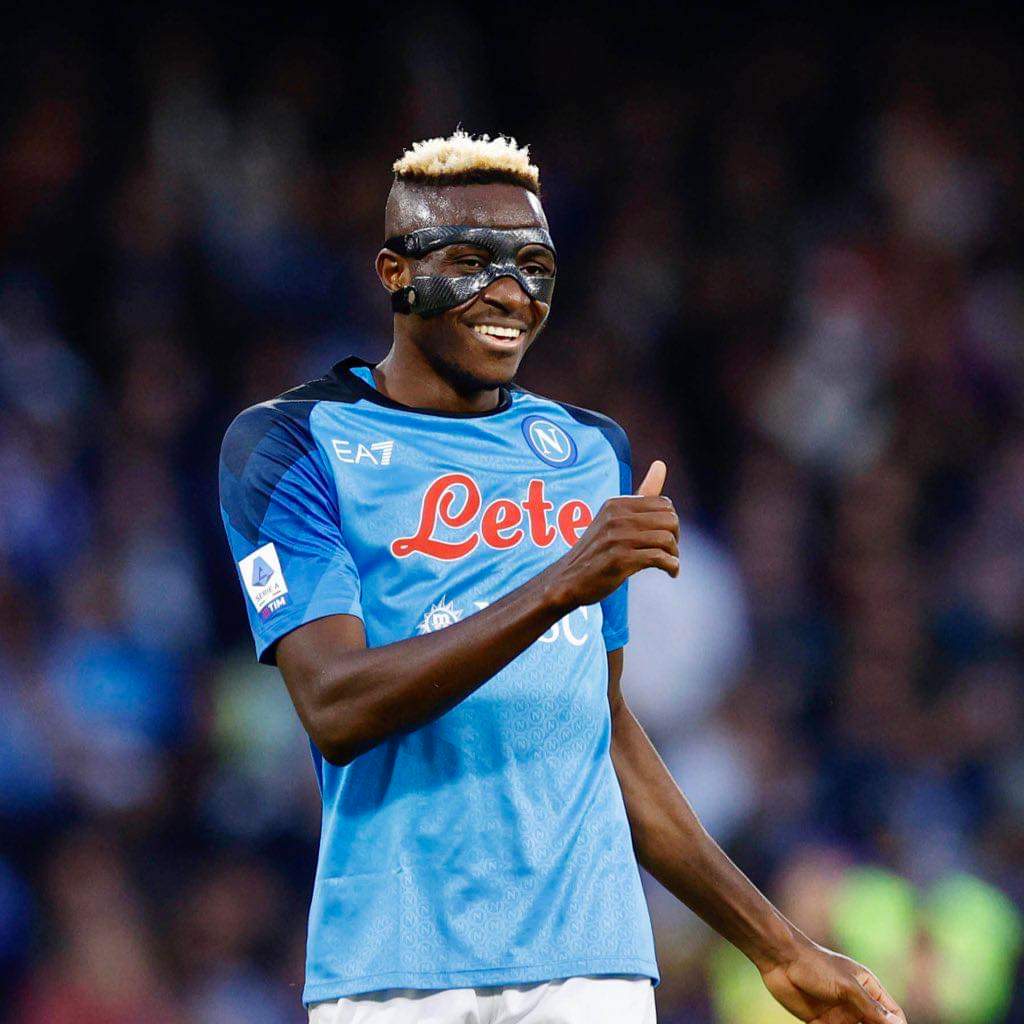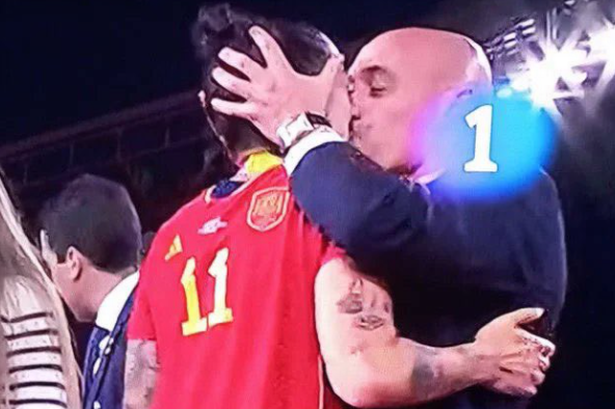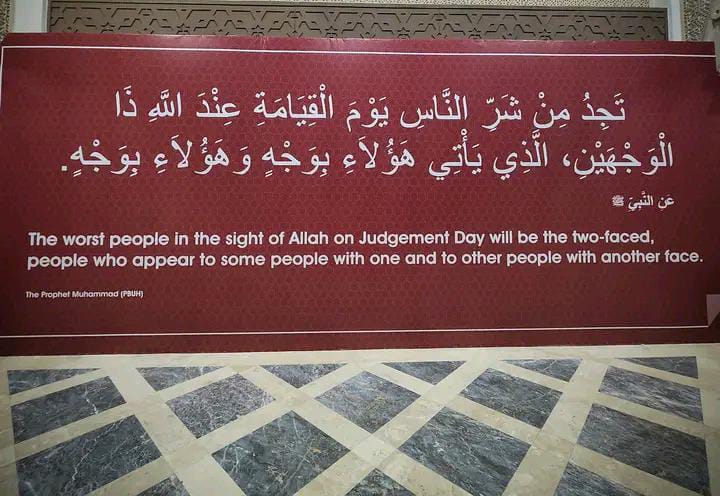Nigerian striker Victor Osimhen nominated for FIFA Best Player award
By Muhammadu Sabiu Nigerian football star Victor Osimhen has been nominated for the prestigious FIFA Best Player award, just days after his Ballon d'Or nomination for 2023. This nomination places…






